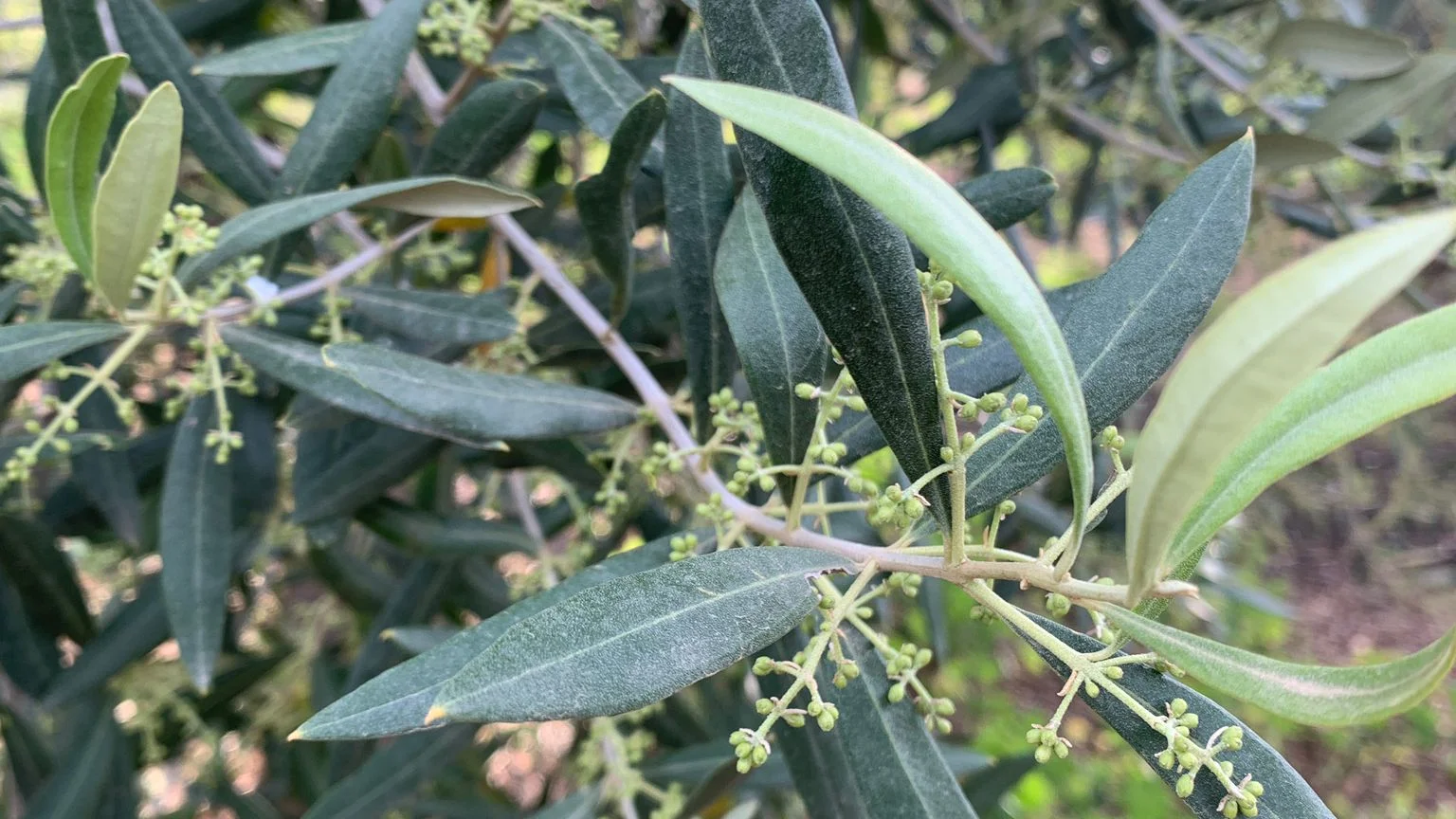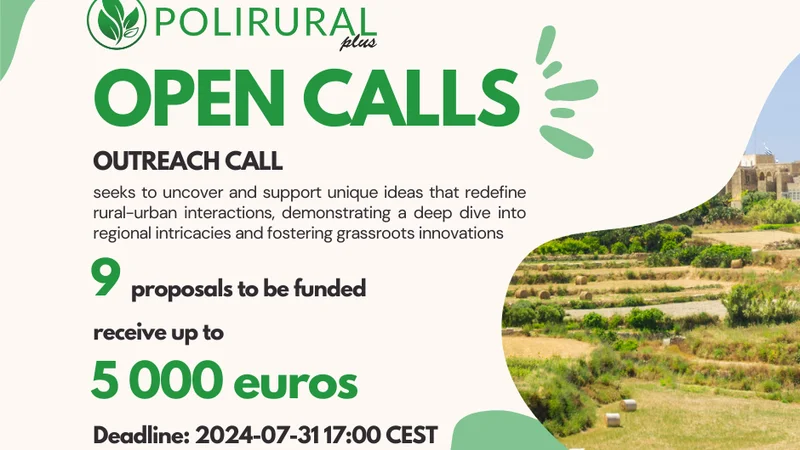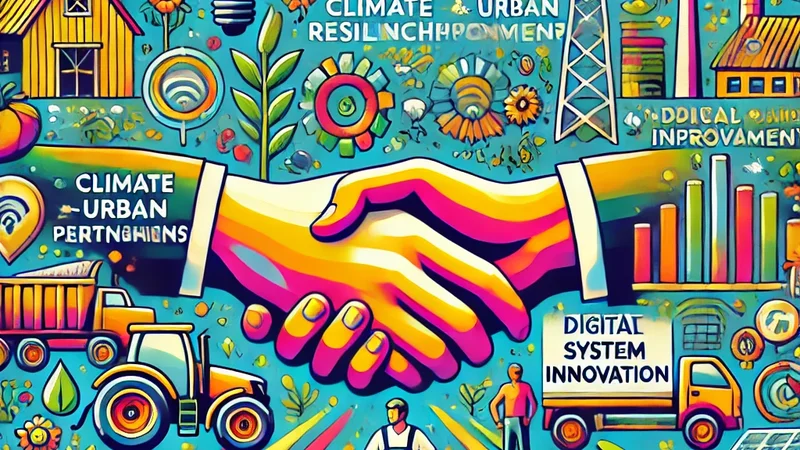Nowadays, we see more and more school groups visiting educational farms as if they had just landed on a distant and unknown planet.
If they ask the school group: “Would you like to smell this plant?"
-No, Thanks!! There are strange dangerous insects on it (referring to bees)!!”
“Try this apple from the tree!? Absolutely not!”
The sceptical approach on the primary products (plant, fruit) by young consumers is due to the loss of the identity of what we eat in our daily lives. But how have we got to this point?
As a matter of fact, the raw material (fruit, vegetables, or processed products) "passes" through various players in the so-called agri-food chain that makes it difficult for the consumer to learn about the origin and story of the product.
For instance, we tend to associate olive oil with the wide choices available at the supermarket shelves (and the related prices) rather than asking ourselves about its origin or about the oil mill where it was produced!
The result is that the consumer no longer knows what the producer does, and, on the other side, the producer has no clue or little knowledge about the consumer's choices.
Yet until the beginning of the 20th century the consumer was supplied by the producer or small intermediaries and the producer was more aware of the market demands. It is reasonable safe to admit that a Short Food Supply Chain model existed back then.
Through the Italian pilot of the POLIRURALplus project we are committed to tackling important activities aimed at bringing together demand (agricultural/agri-food producer) and supply (consumer) through workshops, interviews, and direct interactions that also involve young generations who are increasingly attentive to a model of healthy, ethical and sustainable nutrition.




Existing Comments